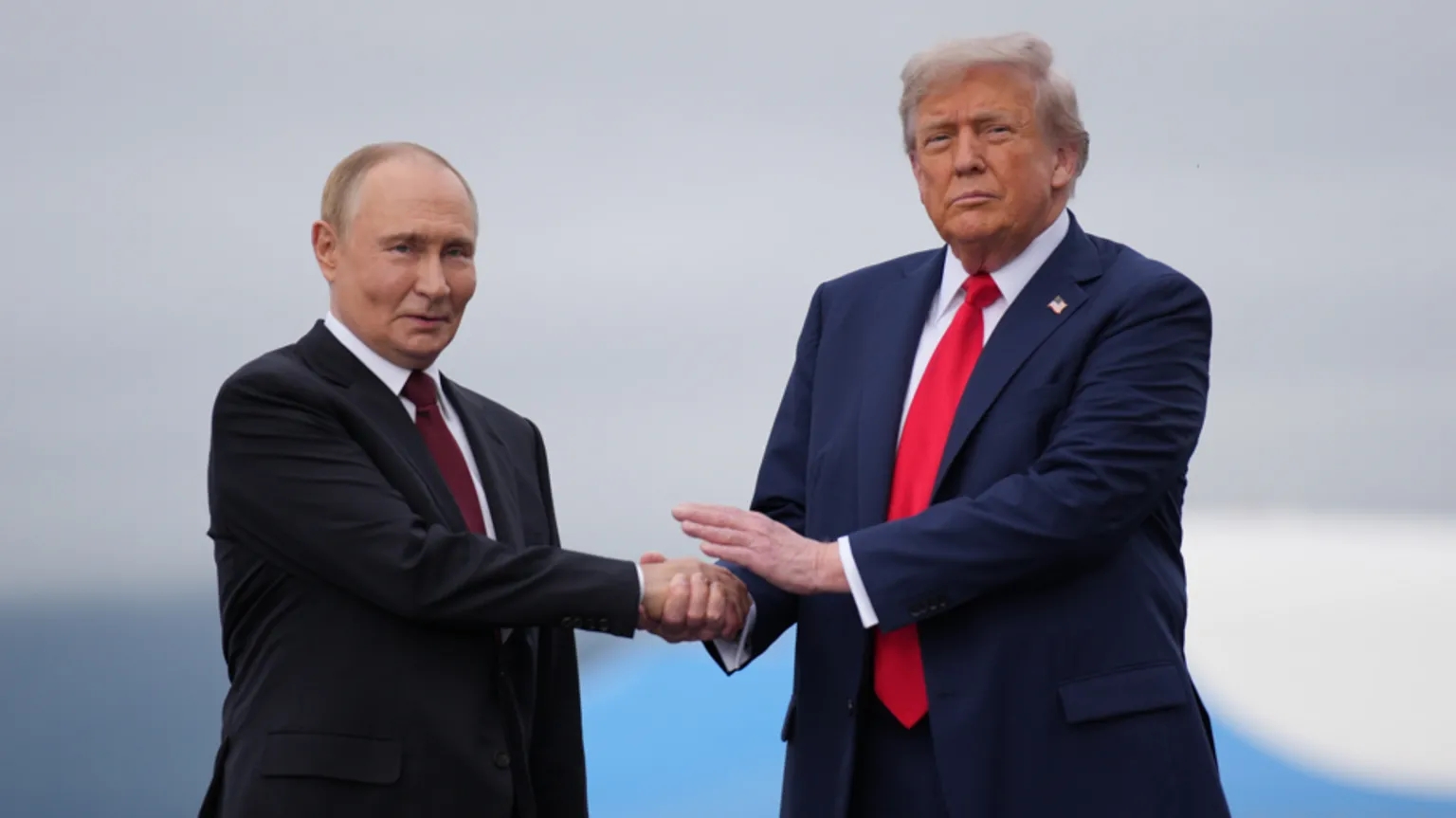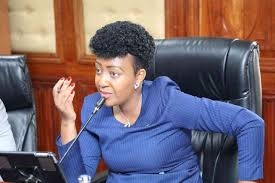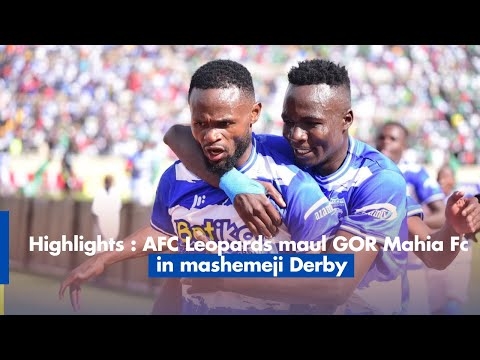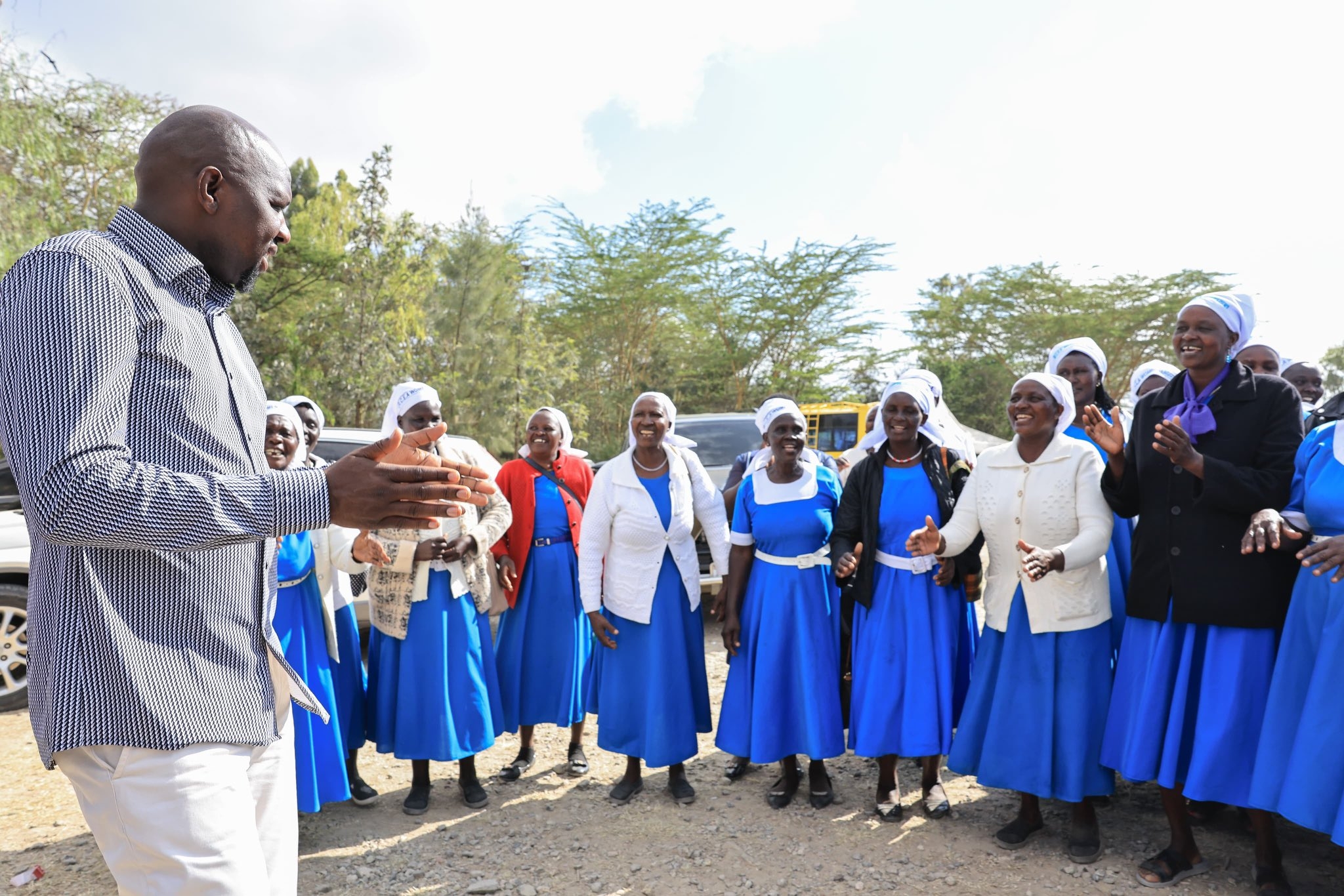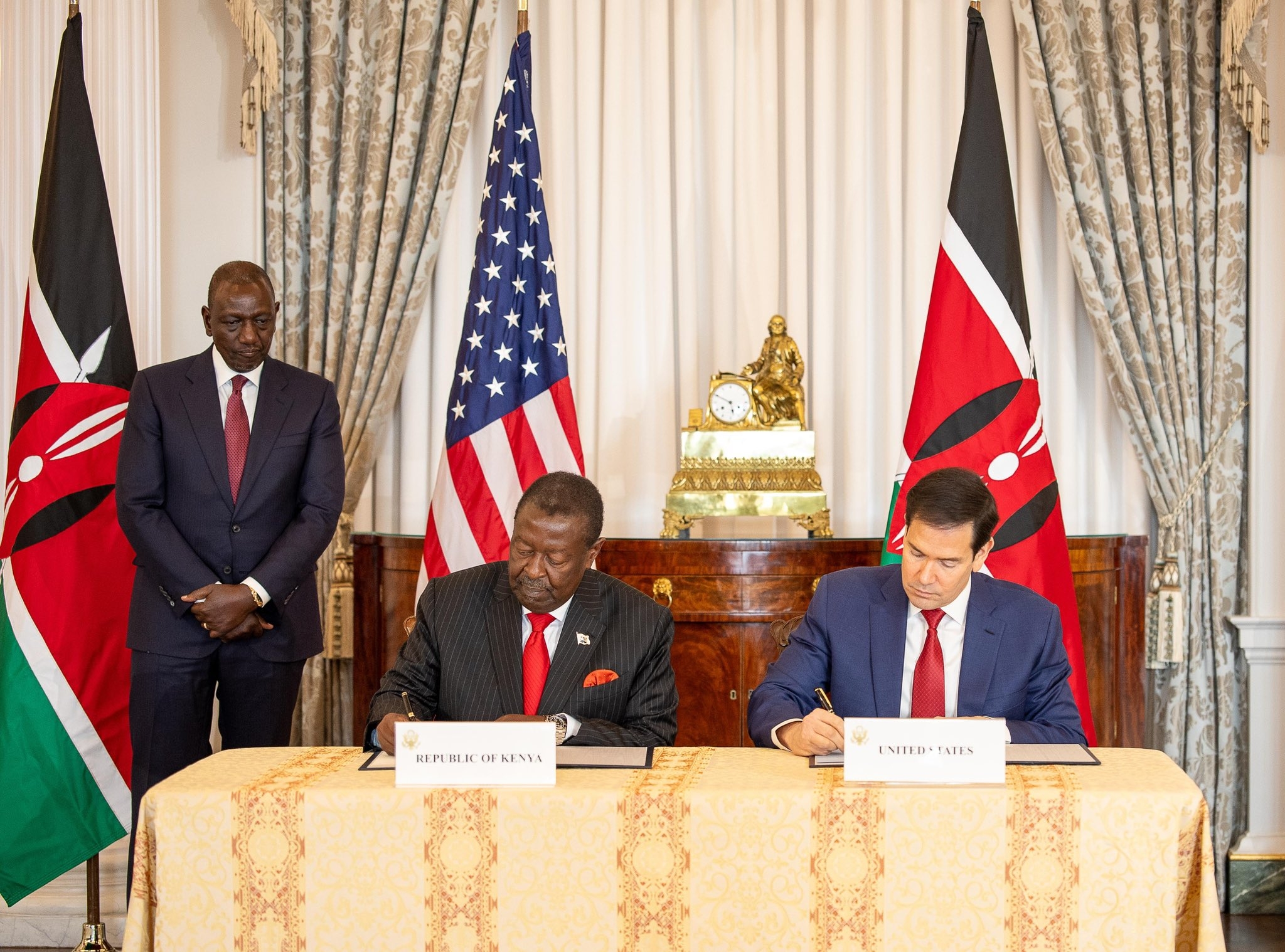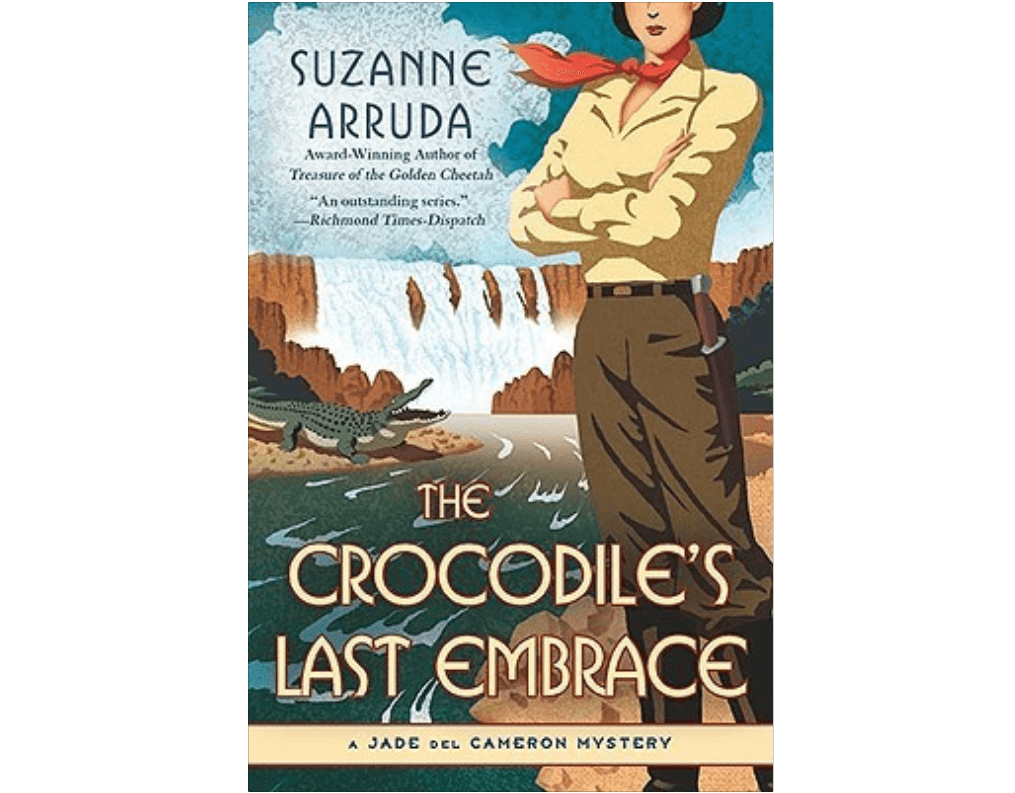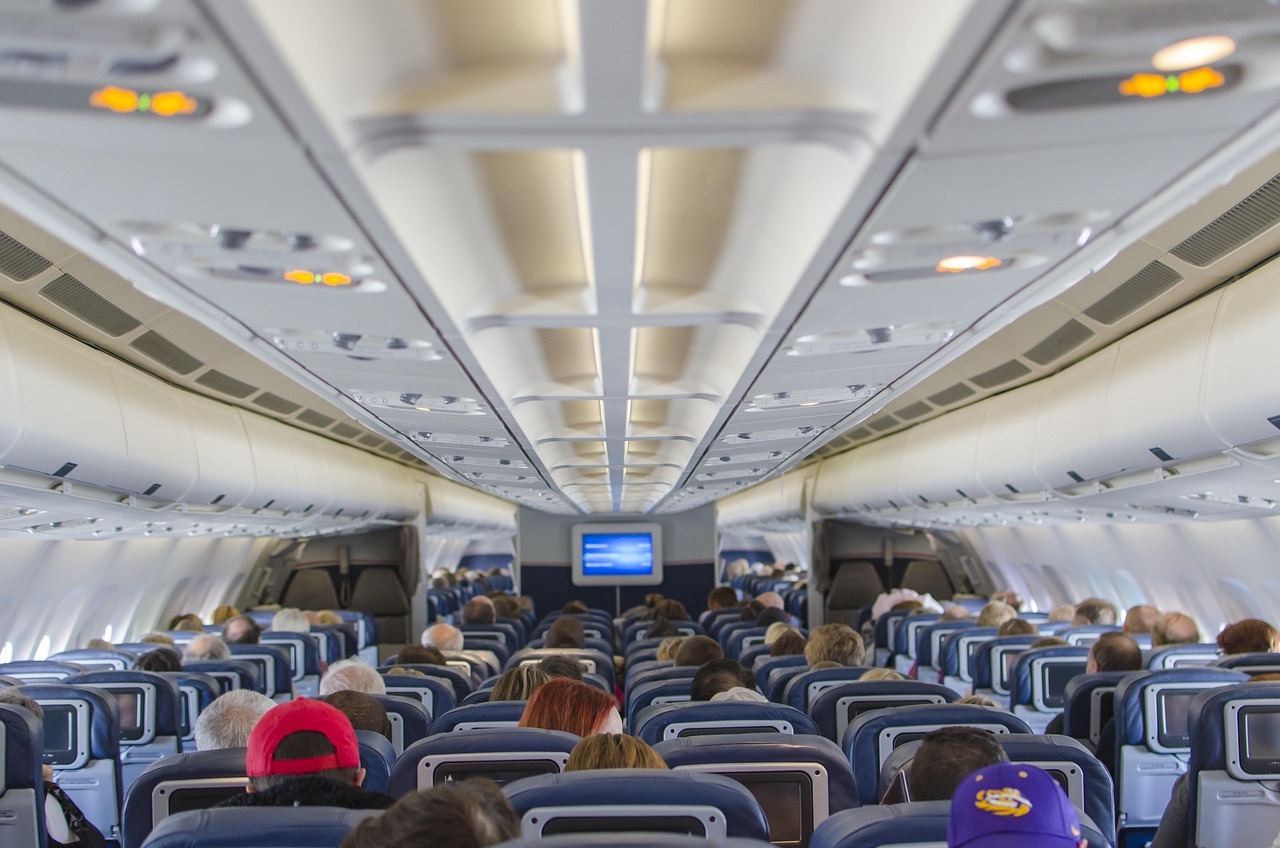
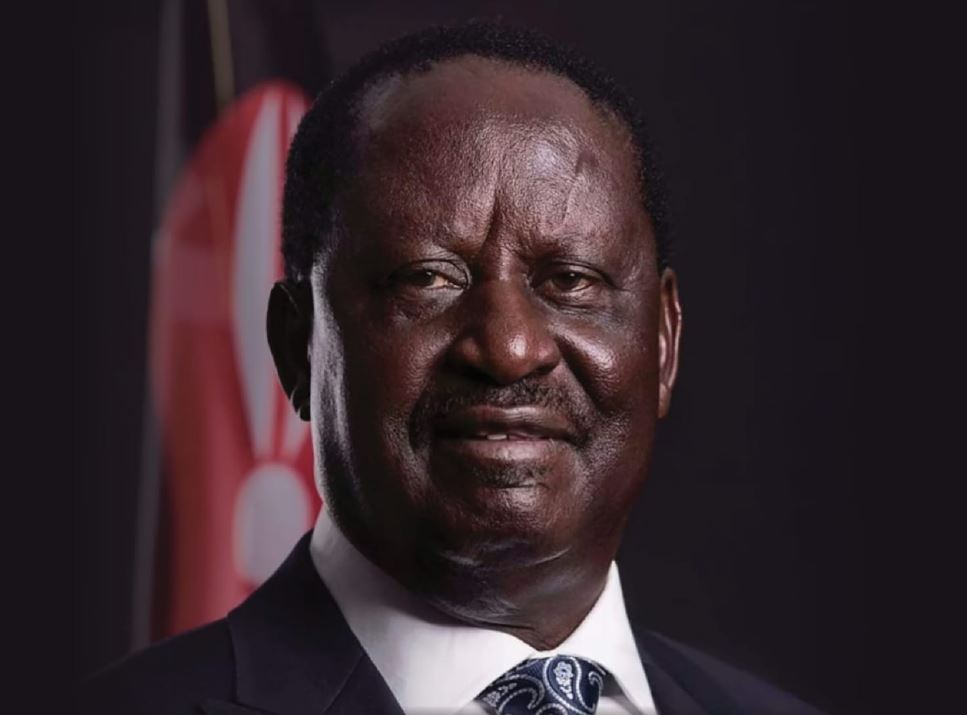
As a student
journalist, I was privileged to cover one of Kenya’s most influential and
newsworthy figures — Raila Odinga, the enigmatic doyen of Kenyan politics.
That
experience not only tested my skills in the field but also deepened my
understanding of journalism’s vital role in shaping public discourse.
Raila —
affectionately known as “Baba” by his supporters — was, and still is, a “moving
media house” in his own right. Hour by hour, journalists from various outlets
are in constant contact with him.
His absence,
when that day comes, will leave a significant gap not just in the media space,
but in Kenya’s broader political landscape.
He is not
merely a politician; he is a towering symbol of Kenya’s democratic journey —
from his days as a staunch opposition leader to his more recent efforts at
national dialogue and coalition-building.
A Front Row Seat to History
What made
covering him unforgettable was how the media constantly responded to his every
move. Raila didn’t just make the news — he was the news.
Every
statement, rally, or appearance was followed by a flurry of cameras,
microphones, and notepads. For many of us — even as students — standing in the
same space as him felt like witnessing history unfold in real-time.
I vividly remember
a press briefing where Raila addressed the youth directly, emphasizing their
role in shaping Kenya’s future.
As I stood
there, notebook in hand, it struck me: journalism wasn’t just about recording
events — it was about interpreting and amplifying voices that shape a nation.
The Morning That Changed Everything
My journey
with Baba began in 1998, thanks to my late colleagues Amos Onyatta and Ochieng'
Sino, who introduced me to him while I was still a student at the Kenya
Institute of Mass Communication (KIMC).
One Saturday
morning, I walked from KIMC to Kibera Central in search of a story.
Baba, then
the vibrant Lang’ata MP under the National Development Party (NDP), welcomed me
into his humble one-room office.
He offered
me a boiled maize cob and a mug of traditional porridge — a simple but
heartwarming breakfast.
As we ate, we talked about national issues.
Before I left, he handed me a bombshell dossier — a hard-hitting tax evasion
scandal involving the importation of vehicles worth billions of shillings.
I left his
office armed with documents and cut through Kenyatta National Hospital grounds
on my way to The Standard newsroom at Town House in Nairobi’s city center.
Gatekeepers and Roadblocks
But when I
presented the story to the news editor — now deceased — he hesitated.
The exposé
implicated top figures in the Moi administration, and he feared the
repercussions.
He pulled me
aside and suggested we “hold” the story for further clarity, saying it put him
“between a rock and a hard place.”
I agreed,
and we gave ourselves three days to gather more information.
However, it
quickly became clear he intended to suppress the story to protect the powerful
individuals involved. I was being shortchanged — and the truth was at stake.
Taking a Leap of Faith
Frustrated
but determined, I sought advice from a colleague who encouraged me to take the
story to The People Weekly — then one of the boldest investigative newspapers
in the country.
Since I had
no legal agreement with The Standard (being just a student intern), I
approached The People Weekly’s editor, who received the story with open arms.
It was a
Thursday. The story went to press that night. The next morning — Friday — it
hit the streets as the headline story.
A National Reckoning
The impact
was immediate.
Other
newspapers picked up the scoop. The National Assembly debated it for over two
weeks. The culprits were reprimanded, and a court case was opened.
That single
moment changed everything for me. It opened my eyes to the immense
responsibility and influence journalists carry, especially when covering
figures who shape a nation’s destiny.
"Journalism
isn’t about popularity or access to power. It’s about truth. It’s about accountability.
It’s about courage."
Lessons from Baba
Covering
Raila Odinga wasn’t just another assignment. It was a defining moment in my
growth as a journalist. It taught me that journalism is more than reporting
facts, it's about: Being a witness to power. A
cting as a
bridge between the people and their leaders. Being a custodian of truth
As I
continue my journey in media, I carry with me the lessons of that day: the
importance of integrity, the impact of honest reporting, and the privilege of
witnessing, and documenting, history as it happens.
Sugow is a journalist and media
practitioner. A proud alumnus of the Kenya Institute of Mass Communication. [email protected]



